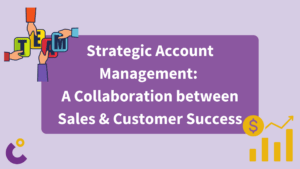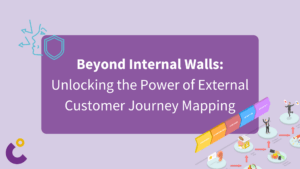
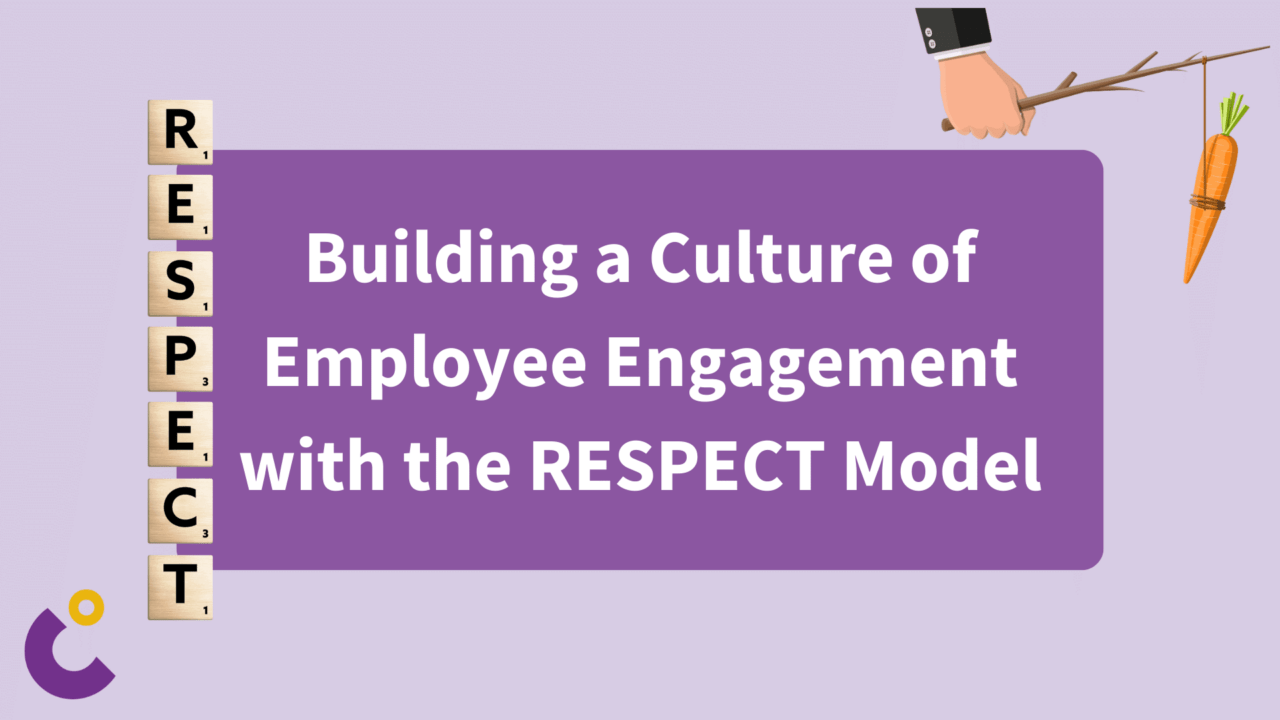
Building a Culture of Employee Engagement with the RESPECT Model
In the pursuit of organizational excellence, we often hear about the importance of motivating our teams. The age-old concept of carrots and sticks has long been a staple. The idea is simple: offer rewards (the carrots) for good behavior and punishments (the sticks) for bad behavior. However, as we delve deeper into the intricacies of employee engagement and effective leadership, it becomes evident that this simplistic approach falls short.
Dr. Paul L. Marciano, in his groundbreaking work, argues that if we truly want to unlock the full potential of our employees, we need to shift our focus from motivation to engagement. And at the core of this shift lies the RESPECT Model.
In this blog post, we’ll explore the RESPECT Model and why it’s crucial for fostering a culture of employee engagement. We’ll also highlight the key takeaways from Dr. Marciano’s research and provide practical insights for both leaders and organizations looking to harness the power of respect in their workplace.
While motivation can way and wane, engagement leads to a consistent level of performance.
Paul L. Marciano, Ph.D
The Fallacy of Carrots and Sticks
Dr. Marciano’s research challenges the traditional notion that monetary rewards and recognition programs are the keys to motivating employees. While these programs might provide short-term boosts in performance, they often fall short in fostering lasting engagement. True engagement, he argues, transcends mere motivation; it’s about having committed employees who go above and beyond to support the organization’s mission and vision.
Employees, it turns out, are driven by more than just financial incentives. They work not only for a paycheck but also to feel valued, respected, and fulfilled in their roles. This insight underpins the RESPECT Model, which acknowledges that respect is the linchpin of employee engagement.
The Profiling of Engaged Employees
Employee engagement goes beyond motivation; it’s about creating committed employees who consistently go above and beyond. Engaged employees are the lifeblood of a thriving organization.
Engaged employees exhibit a range of characteristics that set them apart:
- They bring new ideas to work.
- They are passionate and enthusiastic about their work.
- They take initiative.
- They actively seek self-improvement, as well as improvement in their colleagues and the business.
- They consistently exceed goals and expectations.
- They are curious and inquisitive, unafraid to ask questions.
- They encourage and support their team members.
- They maintain an optimistic and positive outlook, often sporting a smile.
- They overcome obstacles and remain focused on tasks, demonstrating persistence.
- They are deeply committed to the organization’s success.
The RESPECT Model Unveiled
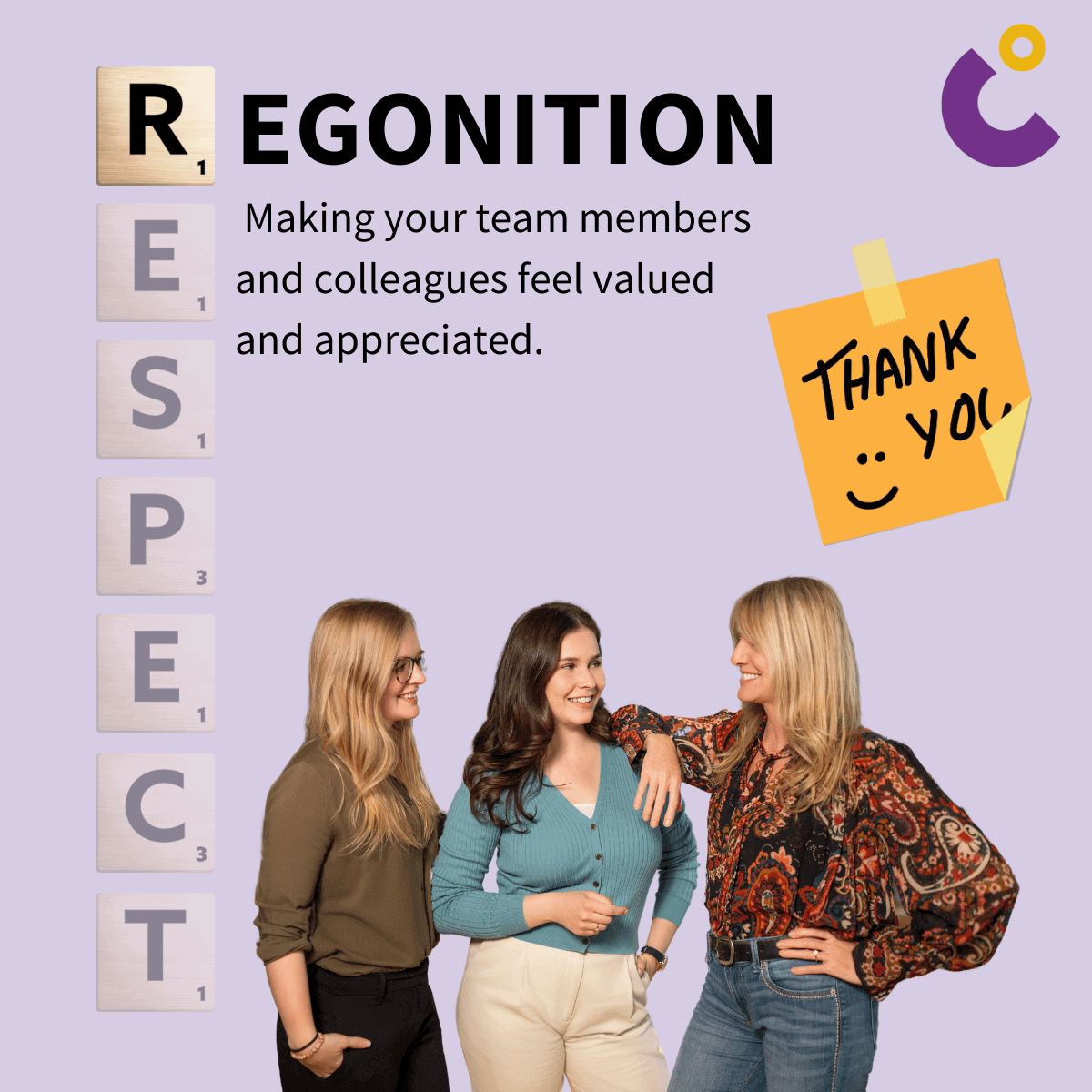
💬 Recognition: The Power of Acknowledgment and Appreciation 🌟
Recognition isn’t just about patting someone on the back; it’s about making them feel valued and appreciated.
Key elements of powerful praise:
- Timing
- Specificity
- Proximity
- Enthusiasm
Handwritten notes, spreading the word, and creating opportunities for recognition can transform your workplace. Remember, recognition isn’t one-size-fits-all. It’s a crucial aspect of engagement that can’t be overlooked.
🚀 Empowerment: Unleashing the Full Potential of Your Team 🌟
Empowered employees are versatile, skilled, and highly valuable to your organization. They’re the backbone of innovation and adaptability.
To empower your team:
- Improve training
- Ask employees what they need
- Promote cross-training
- Create learning opportunities
- Encourage autonomy
- Turn team members into coaches
Remember, the more empowered your employees are, the more they’ll contribute to your organization’s success.
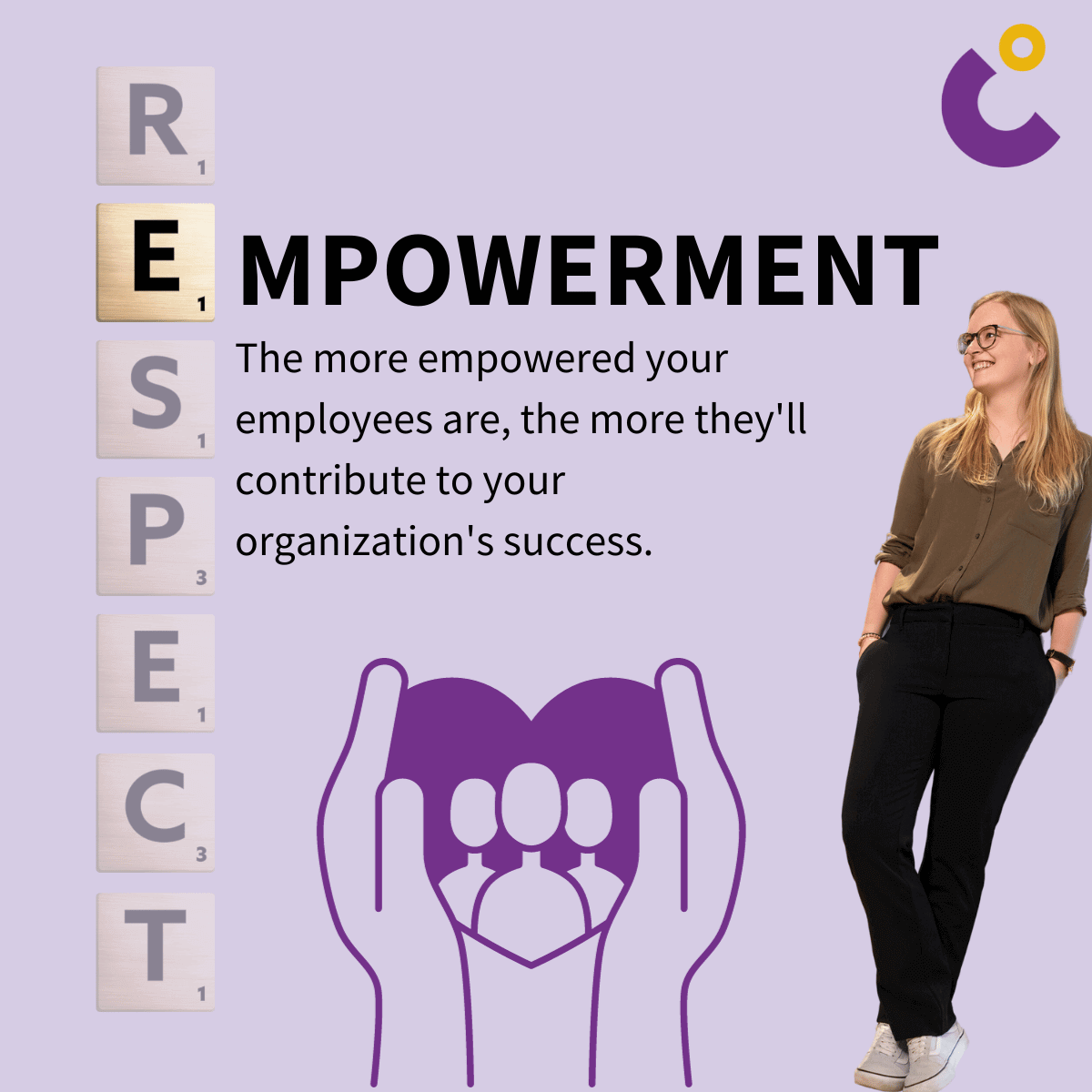
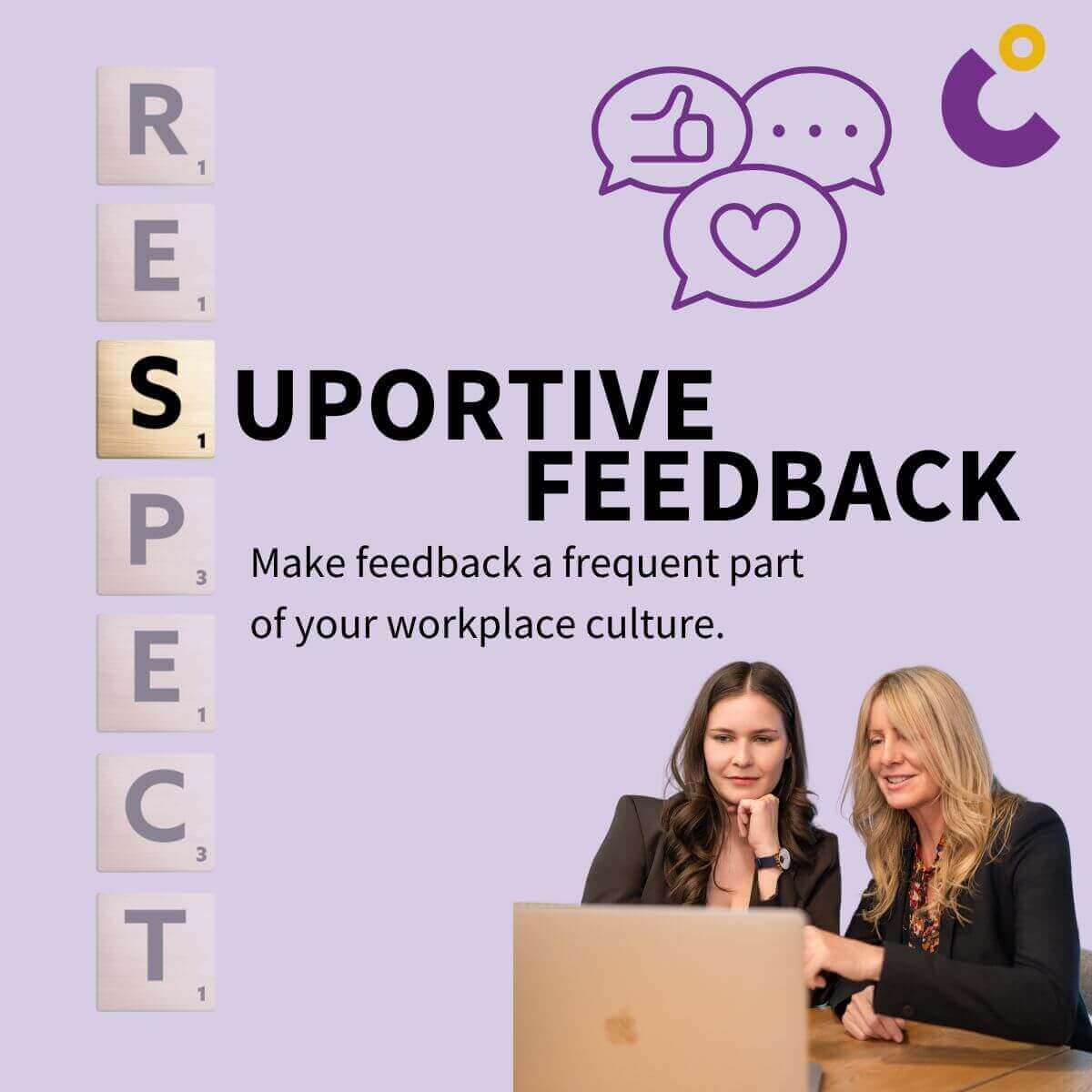
🗣️ Supportive Feedback: Building a Culture of Continuous Improvement 🔄
Feedback is the lifeblood of growth and development. It’s not just about what you say but how you say it.
Best practices for providing supportive feedback includes
- Focusing on behavior
- Scheduling feedback sessions
- Role-playing
- Frequent and focused feedback
- Peer Feedback
- Being a Role Model
Make feedback a frequent part of your workplace culture!
🤝 Partnering: Fostering Collaboration and Mutual Respect 🤜🤛
Effective teamwork is rooted in mutual respect and collaboration. It’s about recognizing individual strengths and making weaknesses irrelevant. Partner not just within your team but also with customers and vendors. They can provide fresh perspectives and innovative solutions. Remember, it’s amazing what can be achieved when no one cares about who gets the credit.
Best practices includes:
- Cross-Training and Department Swap
- Team Input and Employee council
- Department representative
- Identical benefits for everyone
- All-hands information
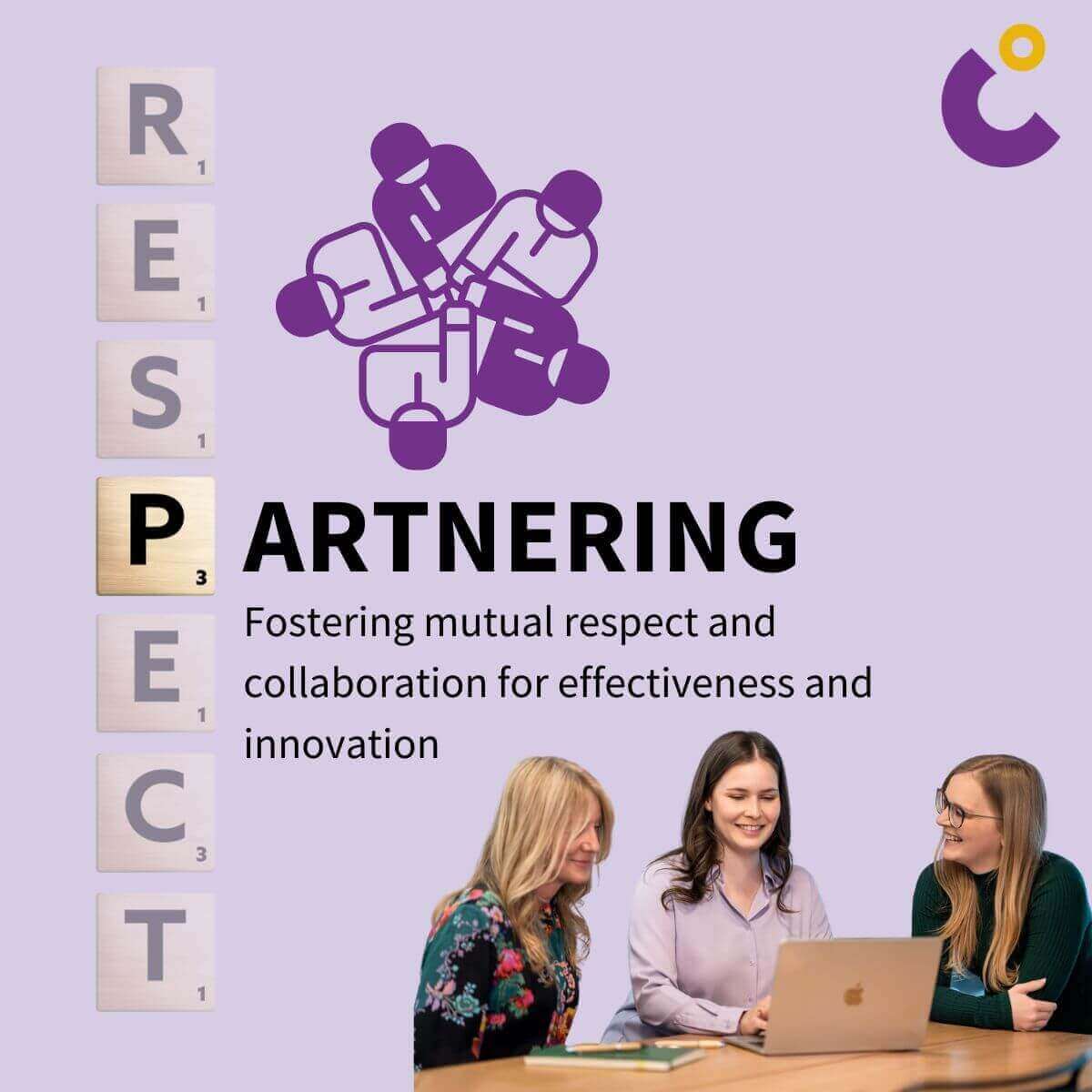
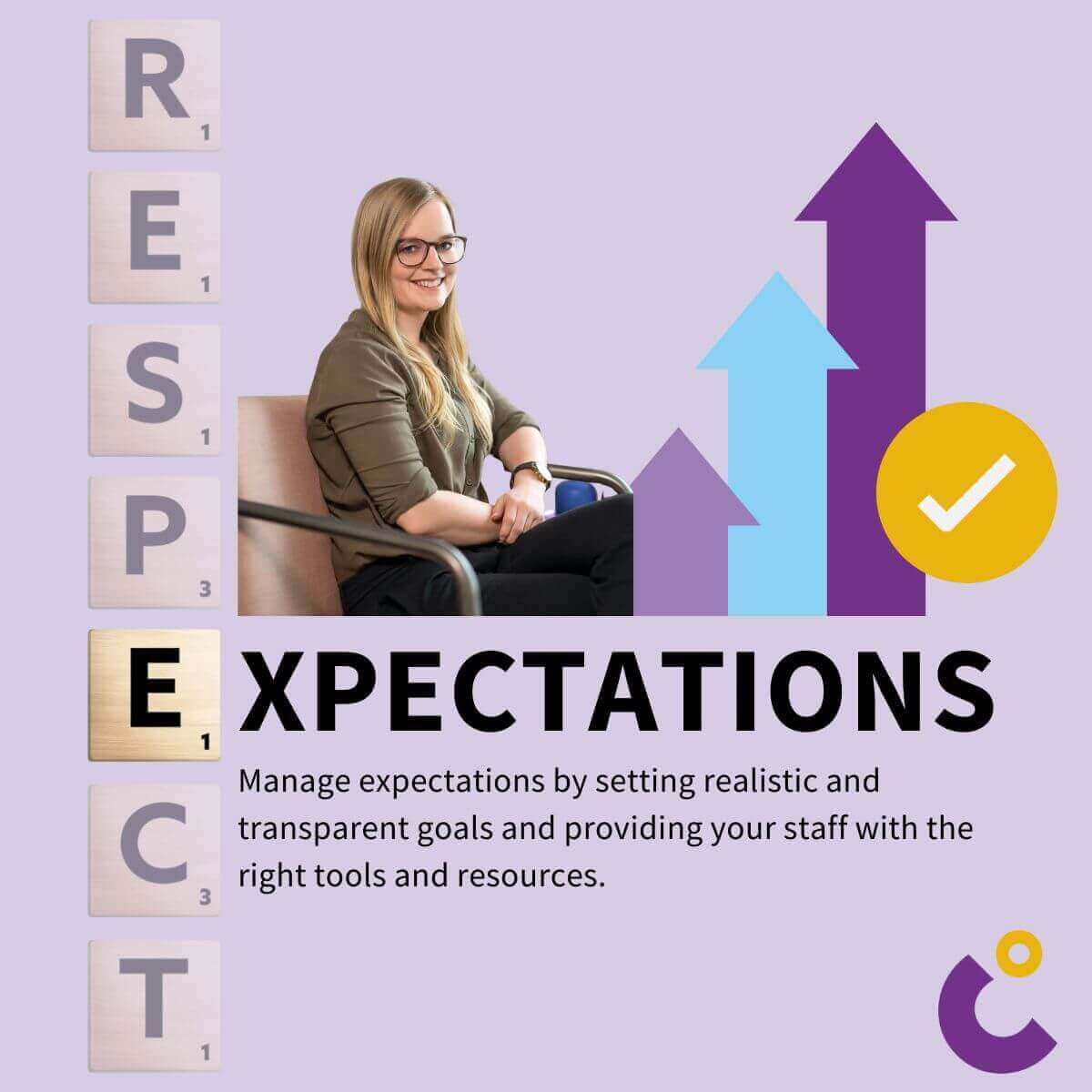
🎯 Expectations: Setting the Stage for Success 🌟
In addition to clear goals, employees need the right tools, training, and resources to succeed. Expectations should be well-defined and realistic.
Best practices for managing expectations includes:
- Setting checkpoints and deadlines
- Measuring progress
- Ensuring two-way communication.
Creating checkpoints at key project milestones and collaborating on goal-setting can set the stage for remarkable achievements.
🤗 Consideration: The Human Element of Employee Engagement 🤝
Consideration goes beyond the workplace; it’s about knowing your employees as individuals.
Engaging practices could be:
- One-on-one meetings
- Feedback Fridays
- Celebrating special occasions
- “Get to know you” Lunches or Coffee Runs
It is all about showing your team that they are more than just employees—they are valued individuals.
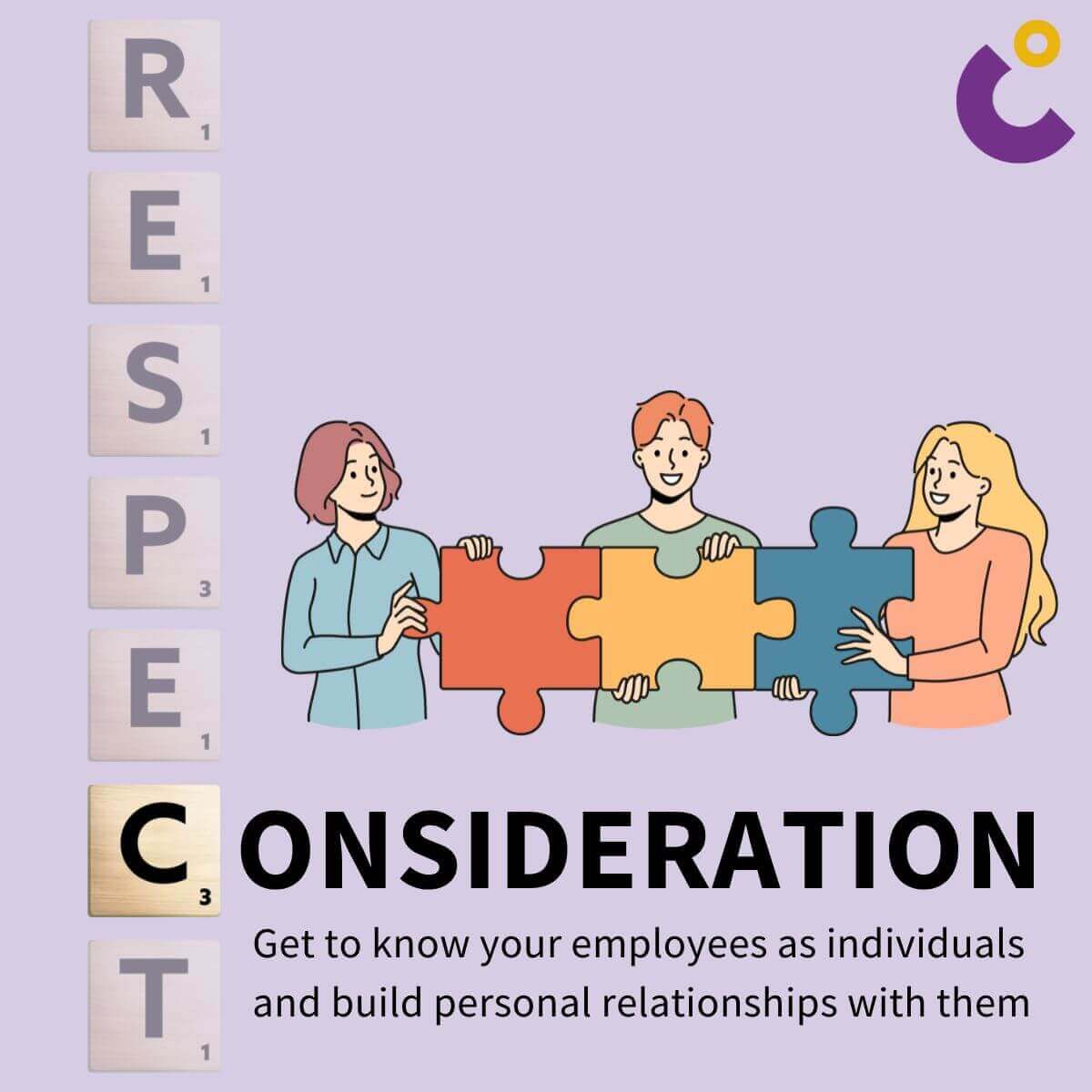

🤝 Trust: The Bedrock of Employee Engagement 🛡️
Trust is a fundamental differentiator in employee engagement. Engaged employees trust their leadership, and trust is the currency of successful workplaces.
Best practices for building trust include
- Keeping your word
- Admitting mistakes
- Giving credit
- Being transparent
Trust is the foundation on which strong relationships and high-performance teams are built.
Long story short - Are you ready to transform your organization into a hub of respect and engagement?
The RESPECT Model is a powerful framework that reshapes the way we think about employee engagement. It’s a reminder that respect, not carrots and sticks, is the cornerstone of a thriving workplace. By implementing the RESPECT Model, organizations can foster a culture of engagement that propels them toward success.
Don’t wait – Join our leadership training and employee engagement program today and unlock the full potential of your team. It starts with the principles of the RESPECT Model and continues with your dedication to creating a workplace where every team member feels valued, empowered, and trusted.
This might also interest you


Beyond Internal Walls: Unlocking the Power of External Customer Journey Mapping
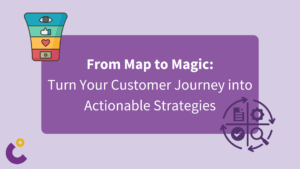
From Map to Magic: Turn Your Customer Journey into Actionable Strategies
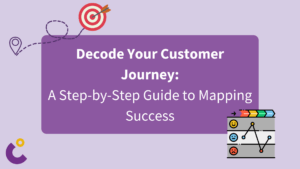
Decode Your Customer Journey: A Step-by-Step Guide to Mapping Success

Beyond the Score: Transforming Net Promoter into a Growth Engine – Net Promoter System
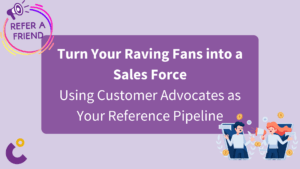
Turn Your Raving Fans into a Sales Force: Using Customer Advocates as Your Reference Pipeline
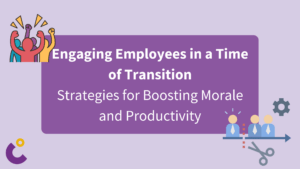
Engaging Employees in a Time of Transition: Strategies for Boosting Morale and Productivity
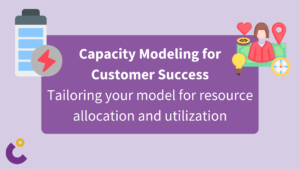
Capacity Modeling for Customer Success
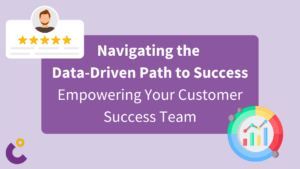
Data Driven Customer Success
